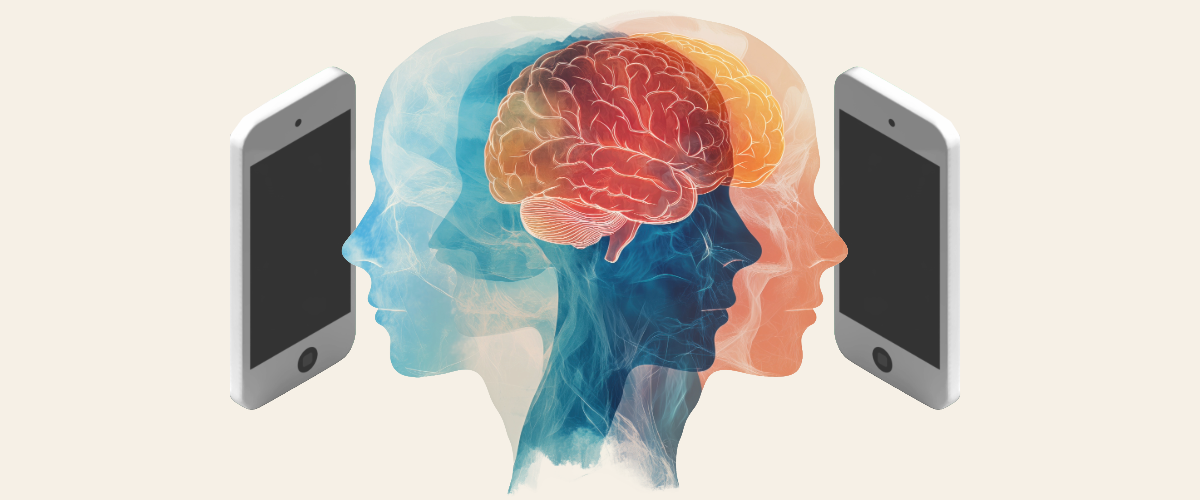At a time when educators are increasingly concerned about technology’s impact in the classroom, the Washington Post published an op-ed with a contrarian tone. The piece, written by the journalism professor Stephen Kurczy, focuses on Green Bank, a small town in rural West Virginia, home to the world’s largest steerable radio telescope. Due to the sensitivity of this device, the entire area is a congressionally designated “radio quiet zone” in which cell service and WiFi are banned.
The thought of a disconnected life might sound refreshing, but as this op-ed argues, there’s one group for which this reality might be causing problems: the students in Green Bank’s combined elementary and middle school.
“Without WiFi, the 200 students couldn’t use Chromebooks or digital textbooks, or do research online,” Kurczy writes. “Teachers couldn’t access individualized education programs online or use Google Docs for staff meetings.”
Some teachers in the school are frustrated. “The ability to individualize learning with an iPad or a laptop – that’s basically impossible,” explained one teacher, quoted in the piece. “Without the online component of our curriculum fully working, it’s really detrimental to our instruction,” said another.
These concerns aren’t merely hypothetical. As Kurczy points out: “Green Bank consistently [posts] the lowest test scores in the county.” He quotes the school’s principal, who blames this on the students’ “lack of access to engaging technology.”
The message of this op-ed is clear. At a time when we’re rushing to condemn phones in classrooms, we should be careful not to extend this ire to other ed-tech innovations, as without these, students struggle.
It’s a tidy point. But is it true? I decided to dig a little deeper…
Read more







